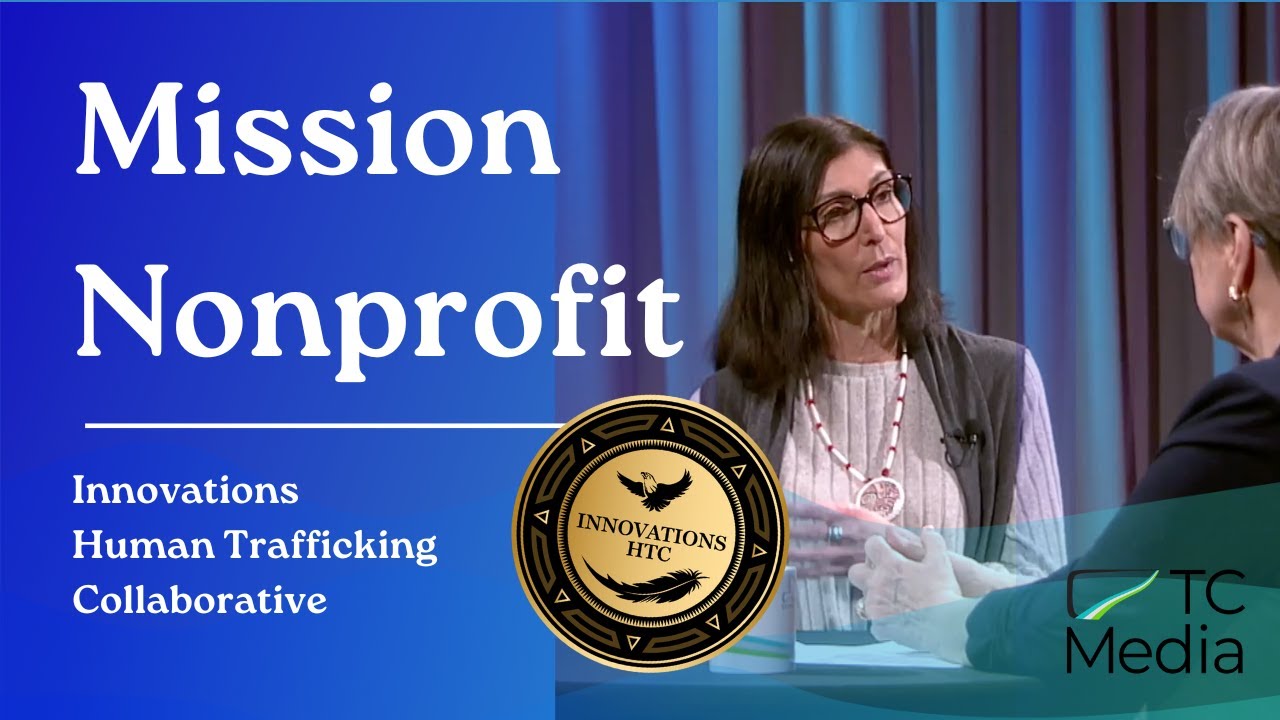
NGOCSTIP – Non-Profit Organizations have become essential lifelines for victims of human trafficking. They provide critical support that survivors need to rebuild their lives. These organizations offer shelter, counseling, legal aid, and medical care. Without their intervention, many victims remain trapped in cycles of abuse and exploitation. Through advocacy and direct aid, non-profits empower survivors to regain control. They also raise public awareness to prevent trafficking and protect vulnerable communities. Moreover, the role of these organizations is multifaceted and deeply impactful. Their work often happens behind the scenes yet changes lives profoundly. In addition, they collaborate with various stakeholders to maximize impact. Furthermore, their continuous efforts bring hope to many victims.
Non-Profit Organizations offer comprehensive support tailored to survivors’ unique needs. Safe housing is one of the first priorities for victims escaping trafficking. Emergency shelters are provided where survivors can find refuge and security. Psychological counseling helps heal trauma caused by exploitation and abuse. Many organizations employ trained therapists specializing in trauma recovery. Legal assistance is offered to help survivors navigate the justice system. These services often include help with immigration or criminal cases. Medical care is also arranged, including physical and mental health treatment. Non-profits collaborate with healthcare providers to ensure access to quality services. Educational programs are created to empower survivors through skills training. This helps them achieve economic independence and self-sufficiency.
“Read about: Evaluating Impact: Frameworks for Monitoring Anti-Trafficking Efforts”
Non-profits play a vital role in advocating against human trafficking. They lobby governments to create stronger anti-trafficking laws and policies. These organizations train law enforcement officers to identify and support victims. They launch public awareness campaigns to educate communities about trafficking risks. Workshops, seminars, and media outreach serve as common tools in their awareness efforts. Many non-profits coordinate anti-trafficking strategies on a global scale. They collaborate with international agencies to strengthen cross-border cooperation. These actions disrupt trafficking networks and reduce victimization. By educating the public, these organizations build a culture of vigilance and support.
Non-profit organizations face many challenges in fighting human trafficking. Limited funding restricts the services they can offer. Many depend heavily on donations and grants, which vary over time. Staff working with trauma survivors often experience emotional strain. Burnout and secondary trauma affect many caregivers deeply. Legal issues around trafficking cases can delay efforts to help victims. Authorities do not always cooperate consistently or fully. In some areas, cultural stigma prevents victims from asking for help. These obstacles demand resilience and creative solutions from organizations. They must adapt constantly to continue their vital work. Despite hardships, their dedication remains strong and unwavering. Their commitment drives progress in the fight against human trafficking.
“Read more: Down Syndrome: Genetic Condition and the Importance of Early Intervention”
Collaboration between non-profits, governments, and private sectors enhances victim support and prevention. Furthermore, shared resources improve the efficiency of rescue and rehabilitation programs. Meanwhile, technology helps track trafficking patterns and locate victims. Additionally, online platforms raise awareness and link survivors to help. In the future, strategies will focus on strengthening survivor leadership within organizations. As a result, empowering survivors increases program impact and authenticity. Moreover, ongoing research informs effective, evidence-based interventions. Therefore, non-profits adapt continuously to meet emerging trafficking challenges. Ultimately, their evolving role remains vital in global anti-trafficking efforts. In conclusion, partnerships and innovation shape the success of these efforts.